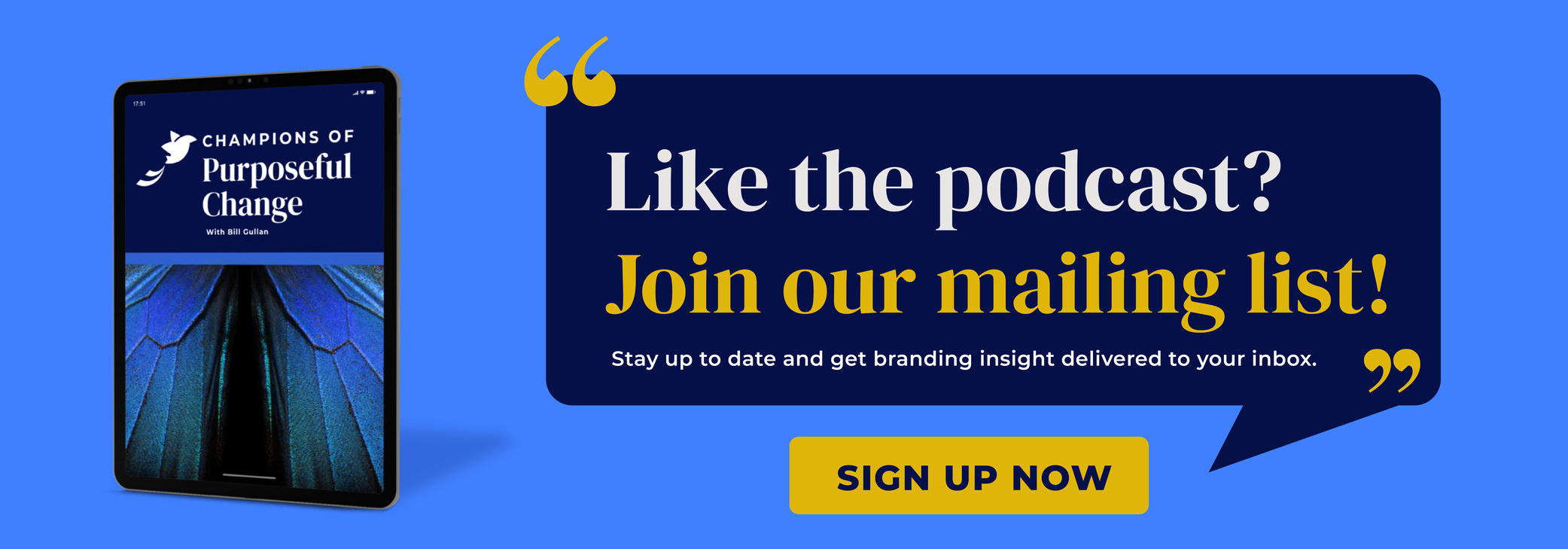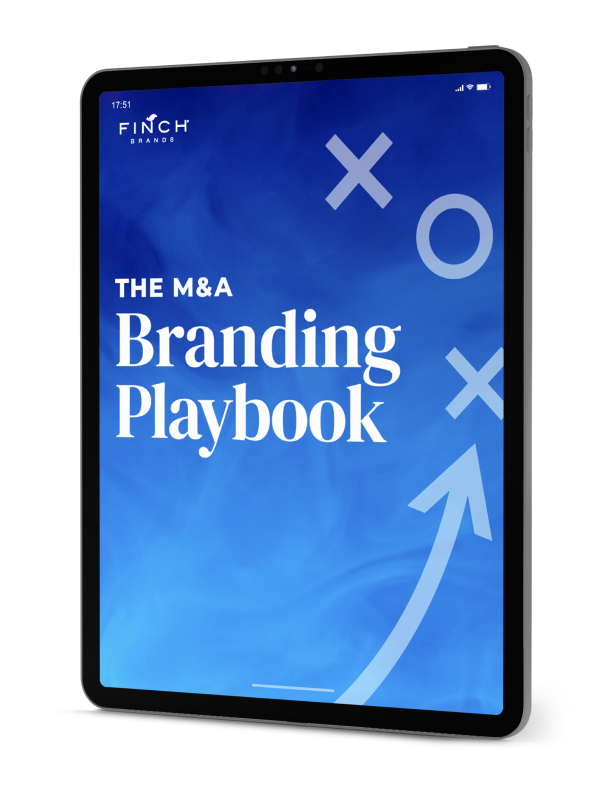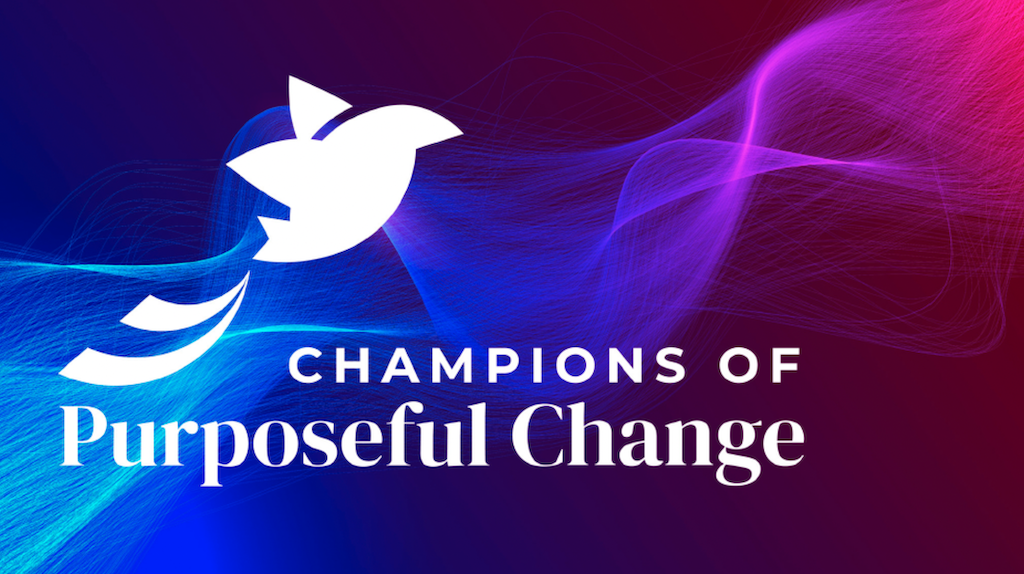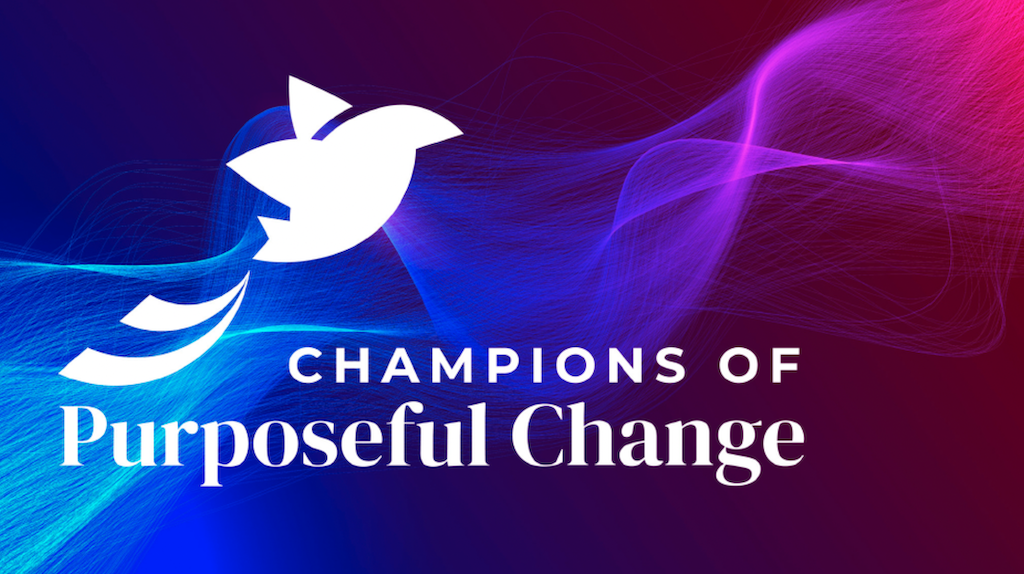One Big Idea – Brand Damage and the Effects of Scandal

Almost every day or every week there’s a negative headline about a brand. In this week’s episode, we look back on brands that have been tarnished by some event or series of events and how and why some scandals will hurt brands more than others. If you like our podcast, please subscribe and leave us a rating!
Podcast: Download Subscribe: iTunes | RSS
Transcription:
Bill Gullan: Greetings one and all. This is Real-World Branding. I’m Bill Gullan, president of Finch Brands a premier boutique branding agency and this is One Big Idea. Today’s topic is scandal. Maybe not in such a fun and interesting way as some scandals, but we’re going to talk today about brands that have been either intermittently or permanently tarnished by some event or series of events.
We’ve all seen it and you see it now almost every day or every week there’s something ripped from the headlines about a brand. The news cycle makes the negativity seem unrelenting and after a couple of days one can’t even see how the brand could recover from that which is in the headlines and the beating that they’re taking on social media and well beyond.
Though, many brands do recover and recover relatively quickly. We’re going to talk today about some recent scandals or incidents or general narratives and we’re going to try to understand why few, several of them have recovered quickly and a couple of them haven’t or might not and try to figure out why that is.
There are in our media today and in our ability to communicate over social, endless opportunities to go viral for all the wrong reasons. A couple of examples from the last year, United. That happened in the spring and the shaky viral mobile phone video of the passenger being bloodied and then dragged off a flight sent the brand’s reputation metrics into free fall.
There was a lot of negative publicity this year about Uber which led to a management change. This is about workplace culture. This is about rider safety. This is about various tactics that the company has used to continue to disrupt the taxi industry and grow its service.
Another brand in the headlines for reasons that nobody’s happy about is Amtrak, dealing with a pretty significant crash situation within the last month and all that comes out of something like that. And then there’s other brands too that we’ll get to in a minute.
My thesis is though, that brand damage seems to be really closely tied to issues that hit at the heart of a brand’s appeal. A lot of the data that I’m going to cite comes from a media source called Morning Consult that tracks a lot of favorability ratings and buzz ratings for various brands and actually we find their daily emails and site to be very stimulating when it comes to content around the business world and about the brand world and consumer behavior.
It was interesting to note that shortly after the United scandal, so called scandal, happened they wrote an article that said some scandals matter, United, and some scandals don’t which was Uber. A lot was happening at the time of these scandals, but the data indicates that Uber, Amtrak, and United have all recovered quickly and meaningfully when it comes to net favorability.
Let’s look at United first. Different writers, but now Morning Consult has written an article called The United Scandal That Wasn’t. The company fell in favorability after this service scandal, immediately and deeply. But less than six months later they’re almost back to where they began. Morning Consult reports that their favorability dropped from 57% to 35% in one week but as the year ends, the stock market, stock price is generally unmoved, financial health of the company’s where it was and consumer purchasing consideration is where it was.
This was a scandal that on April 9th all this happened and even the President called it horrible. Everybody was the ripping the CEO, Oscar Muñoz. There were hearings and everything else. The company was testifying on the Hill etc. The response was botched. There were three apologies within a week.
The company however, data indicates, did not suffer in long term material ways. Favorability plummeted as noted, very quickly, the scandal was deeply covered. An incredible percentage of adults said that they’d heard that coverage and everybody was grumbling about it but then the buzz dissipated and here we are at this writing according to Morning Consult, United favorability has returned to levels almost matching the beginning of the year.
Roughly half of respondents in their rolling favorability poll, 48% view United favorably and that’s about where the year began. We’ve gone from a scandal that in April seemed maybe even to be the death of an airline brand to six, seven, eight months later a complete perceptual recovery.
Let’s look at Uber. Similar situation. The continued pull away of Travis Kalanick, I think that’s how you pronounce it, Kalanick, Kalanick sounds unpleasant. Kalanick. Was a big issue throughout the year. There were tons of meaningful scandals that were either momentary or reported in an ongoing way.
There was a toxic corporate culture for female employees, there was issues at the leadership level with Travis and others. There were class action lawsuits within the investor group. There was a major data breach. There are, every so often, a fight or a rape or something horrible happens somewhere in the world and an Uber driver is implicated. All of this happens and it hits the headlines and people roll their eyes and there’s symposia about Uber’s culture in the valley and Travis leaves etc.
But, here we are. Since Morning Consult began tracking the Uber brand among consumers in terms of favorability, the average favorability rating for Uber has been 45%. As of the last week, their average favorability’s at 47%. Whereas the main competitor Lyft, which is intended and portrays itself to be warmer and fuzzier is down at 34%.
One of the major things within the last year was that when a former Uber engineer published in February or March an expose of what she considered to be sexual harassment and gender bias within the company, at that time the favorability that Uber was experiencing was at 44% and before her post it was at 49 so pretty significant, quick drop.
Then, the resignation of Travis in June also was all over the headlines but had a limited impact on perception of the company. Since his resignation the favorability which was on June 20th, the favorability has been on average 42% and prior to that it was 47% and now it’s back up into 47% territory. Uber’s an example of withstanding the headlines.
The last one, Amtrak had this horrible jumping of the tracks in Washington state in the middle of December. Three people were killed, dozens injured. A survey that was conducted right on the heels of that showed that Amtrak had 51% favorability, ranked below other transportation companies like Southwest and Delta and American Airlines etc. Yet, among those Amtrak passengers, the rail service remained at a 70% favorability level. A majority, 59% said that the crash was a so called “isolated incident and it was not illustrative of a widespread and systemic problem.”
These are brands that have recovered reasonably quickly from, in some cases very quickly, from headlines or scandals or stories that seemingly placed really strong negative baggage and in the middle of these scandals seemed almost too big to recover from. At least in the moment. It certainly did for United. Again, one of the, my core hypothesis as to why this is is that airline travel sucks and airlines and employees can be heavy handed, we know that. But what happened on United is not attacking the very foundation of who United seeks to be. It maybe reveals them to be unsatisfactory but it doesn’t reveal them to be hypocritical.
Amtrak, same thing. Easy to chalk up and ultimately has been chalked up as an isolated incident. We all know the infrastructure in this, or all believe the infrastructure in this country’s crumbling. Sometimes there’s driver error. We’re quick to forgive in a case like that. Not to forget certainly and maybe not even to forgive but for the brand to recover.
The issues at Uber as noxious and concerning and negative as they are, Uber has never proclaimed itself to be in the business to be socially progressive or to be pioneers of positive workplace culture or anything else. They’re there to disrupt, in some cases using very aggressive tactics, that sleepy, non-innovative taxi market that has been screwing people over for years in major cities.
Uber’s damage, whatever damage they take from that does not hit the core of who they are. Nor does it reveal them to be hypocritical in any sort of meaningful way.
Then here’s two brands that we’ve talked about before in this space that are facing negativity right now and that’s CNN and the NFL. The concern about that baggage that either a general narrative among some in the US, CNN not being fair to the President and the President certainly pushing forth that narrative and then the NFL for the all the problems that we talked about. These are brands that risk a lot and stand to lose a lot in an enduring and durable way from these scandals and these negative narratives.
CNN, ‘the most trusted name in news.’ Their brand is predicated upon a widespread belief in their impartiality. The toll that this back and forth with the White House and with right leaning voters in general, this back and forth has taken a significant toll in terms of their degree of and sense of perception.
Morning Consult did this Buzziest Brands of 2017 story recently and they found that CNN was number 18 on that list with a total buzz of 51% and this is calculated by folks who’ve heard something about it within a reasonable amount of time. But within that buzz 25% of it is positive, 26% is negative. A toll is being taken from this dialogue and I would argue a toll that has a long-term negative impact on the brand because the debate is about the heart of who CNN is and seeks to be and what it wants to be known for.
Then you have the NFL. We’ve talked in a variety of ways at great length about the challenges they’ve had with ratings and other measures of brand health. The risk that the NFL faces here is again, that the heart of who they are and seek to be which is this patriotic pro-American, bringing people together, family focused owner of our Sundays and our Thursdays and our Mondays, all the concerns about player safety and all the concerns about the anthem back and forth and all of the debates about that have real impact because it chips away not only at people’s desire to watch and how one feels about watching but it chips away the identity of who the NFL is and what the brand stands for.
We’ll leave it there. Suffice it to say that in 2018 as we get going, there will be very likely, headline grabbing scandals and incidents and we’re looking at you H&M this week. However, I would argue that whether a brand can recover and if so how quickly, from this type of widespread either controversy or negativity, has to do with whether the content of that negativity is a shot across the broadside of fundamental brand attributes and personality or whether it is largely and easily, ultimately interpreted as being something apart from that.
The brands that recover [from scandal] are those whose fundamental value propositions, brand promises, and connections with the consumer are based on other characteristics. The brands that risk long-term damage are those where these incidents are really at the heart of who they are.
From the Cradle of Liberty, this Bill Gullan. We’ll sign off. Have a great day.





